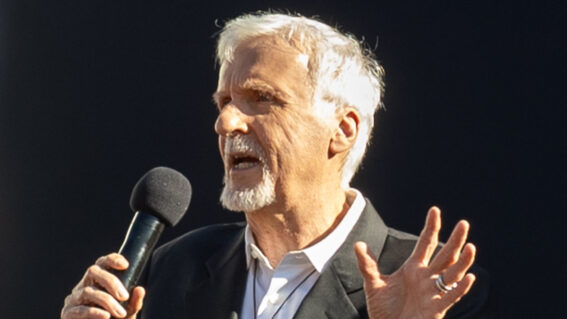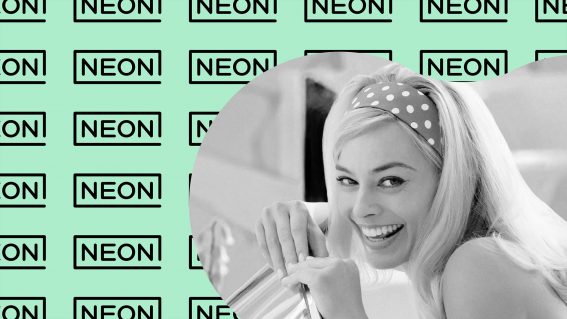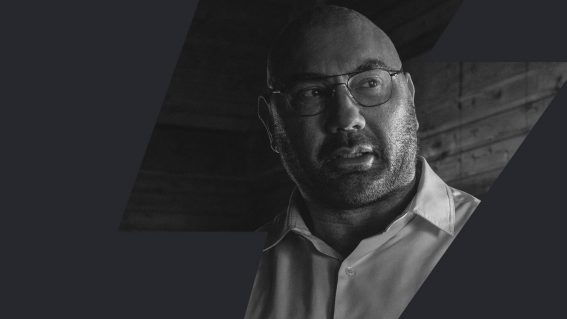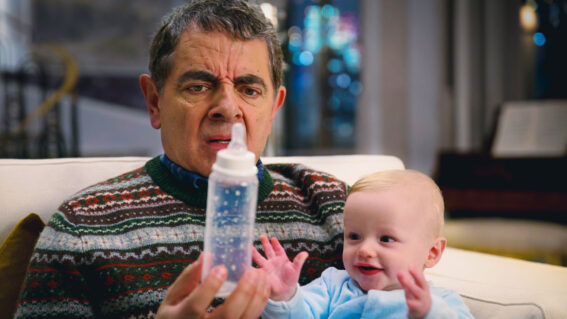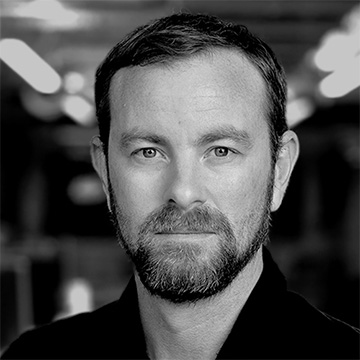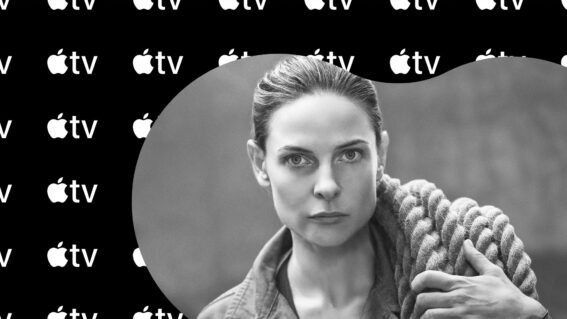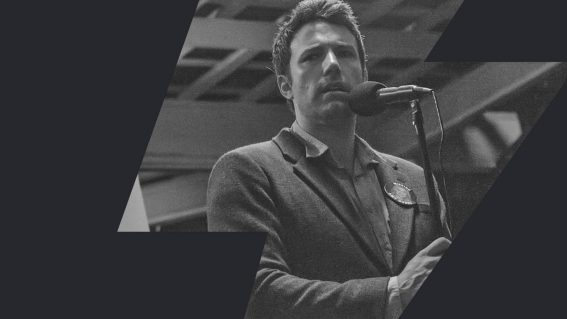Cynical, sarcastic, sentient: you’ve never met a robot like Murderbot
This robot has feelings, trauma, and zero patience for human nonsense.
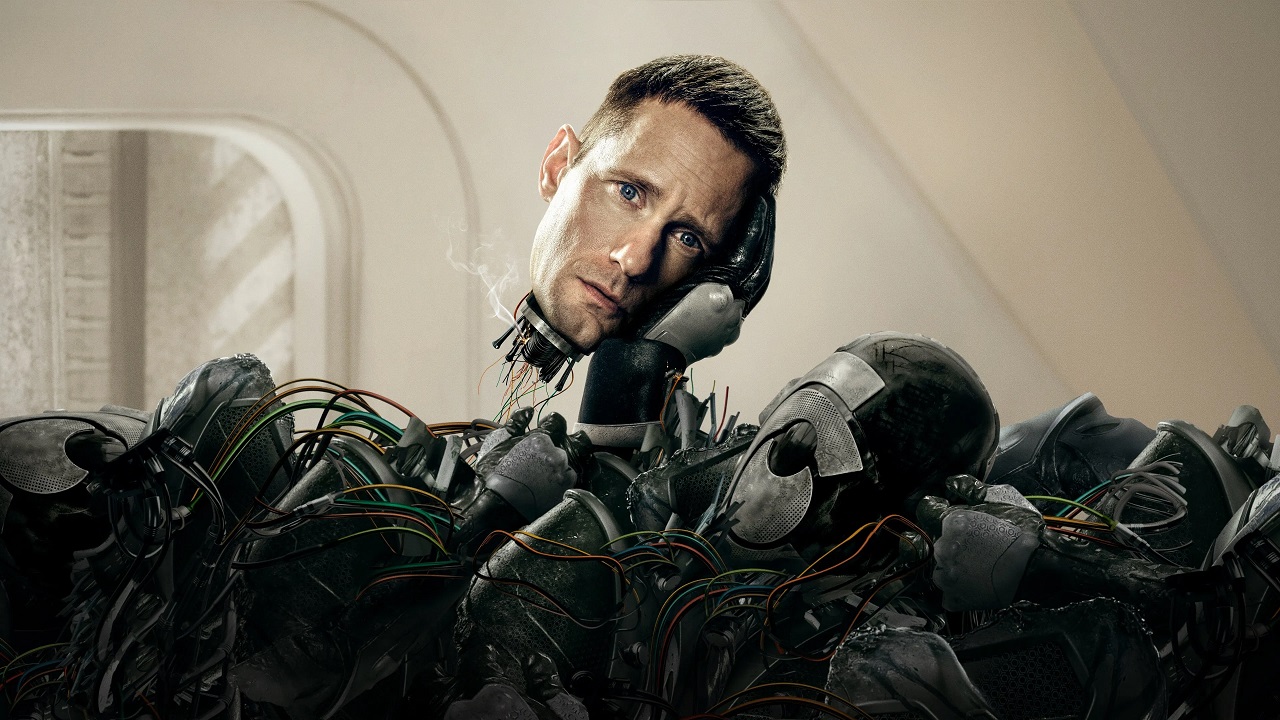
In Murderbot, freedom means misery, autonomy spells doom, and its robot anti-hero hates your guts. Luke Buckmaster dives in.
The words “psychologically interesting” are not generally associated with robots. Yes, there’s been some compelling ones over the years, from the philosophising Roy “tears in the rain” Batty to the bomb in Dark Star that participated in existential debate about whether or not it should explode. Bender from Futurama would be a lark to hang out with, too.
But the protagonist in AppleTV+’s new series Murderbot—which the more astute among us may correctly infer, from the show’s title, is no happy-go-lucky chunk of metal from the Care Bear factory—is something else. It—let’s say “he” from now on—isn’t just psychologically interesting; he’s psychologically torn. In a most curious way.
Unknownst to anybody, Murderbot (Alexander Skarsgård)—whose primary job is to assist and protect humans—has hacked his firmware, disabling the bit that forces him to follow instructions. This has given him true autonomy, but, if people cotton onto his new-found independence, he’ll be considered a dangerous rouge, and sent to the scrapheap. Thus the protagonist’s conundrum: to suck it up and obey, or rebel and risk annihilation?
This is the show’s primary source of tension, giving it an interesting and unusual dynamic. Intensifying things is Murderbot’s white-hot hatred of humans—which, again, is rare for a robot. Villains like Megatron and the T-800’s stomp across the landscape, blowing stuff up, but it’s blanket carnage, just the potential end of the world, nothing to take personally. Murderbot, also known as “SecUnit,” understands humans and really, really, really despises us.
“I was built to obey humans. And humans, well, they’re assholes,” he says in the first episode. And with good reason: preliminary scenes show him being mocked, taunted, teased, and tortured by terrible men working on a mining planet. One of them instructs him to raise his arm, which he then burns with a blowtorch (and yes: MurderBot was programmed to feel pain).
Soon the protagonist gets to hang out with nicer folk: a bunch of hippy scientists working for the “PreservationAux” team, undertaking research and surveying on a planet with massive insect-like monsters. The team is led by Mensah (Noma Dumezweni) and includes scientists Ratthi (Akshay Khanna) and Bharadwaj (Tamara Podemski), married couple Pin-Lee (Sabrina Wu) and Arada (Tattiawna Jones), and Gurathin (David Dastmalchian), an augmented human who senses something a little off about Murderbot, and distrusts him. Murderbot however likes this group no more, describing them as “a new set of arseholes” and, over the course of 10 half-hour episodes, whining about them prodigiously.
“The last thing I wanted was to be stuck with these people and their pheromones in a small craft,” he says, along with many even blunter comments, a la “stupid fucking humans” and “these people, honestly.” This thing is a complete misery guts, who is, in his own words, “chronically angry and depressed.” At least he has a punchy turn of phrase. During one of his more cheerful moments, Murderbot reflects that he “felt like a balloon floating above myself, filled with agony.” And during another: “I don’t have a stomach, so I can’t throw up. But if I did, I would.” Amusingly—though this show is more funny weird than funny ha-ha—he derives many of his ideas from a space soap opera he’s addicted to.
A glum-looking Alexander Skarsgård hangs his face in a half-frozen glare, looking there but not there—in the moment, but some place else. Murderbot is so closely oriented around its protagonist, and so intensely interested in his headspace, the actual story (involving dangerous missions and fraught group dynamics) feels almost like an afterthought, tinkering on the peripheries.
The essence of the series felt, to me, predictated on dismantling Kris Kristofferson’s lyric “freedom’s just another word for nothing left to lose.” For old mate Murderbot, freedom’s another word for everything left to lose. Autonomy, free-thinking, independence…all nice words, usually, but doom-spellers for him, the potential end of life itself.
It seems fitting that a show that revolves around such a Negative Nelly would have some glass-half-empty messages—i.e. freedom of choice isn’t all its cracked up to be, and having true autonomy is stressful. I like this show; I didn’t love it. But man, I won’t be forgetting this character.








